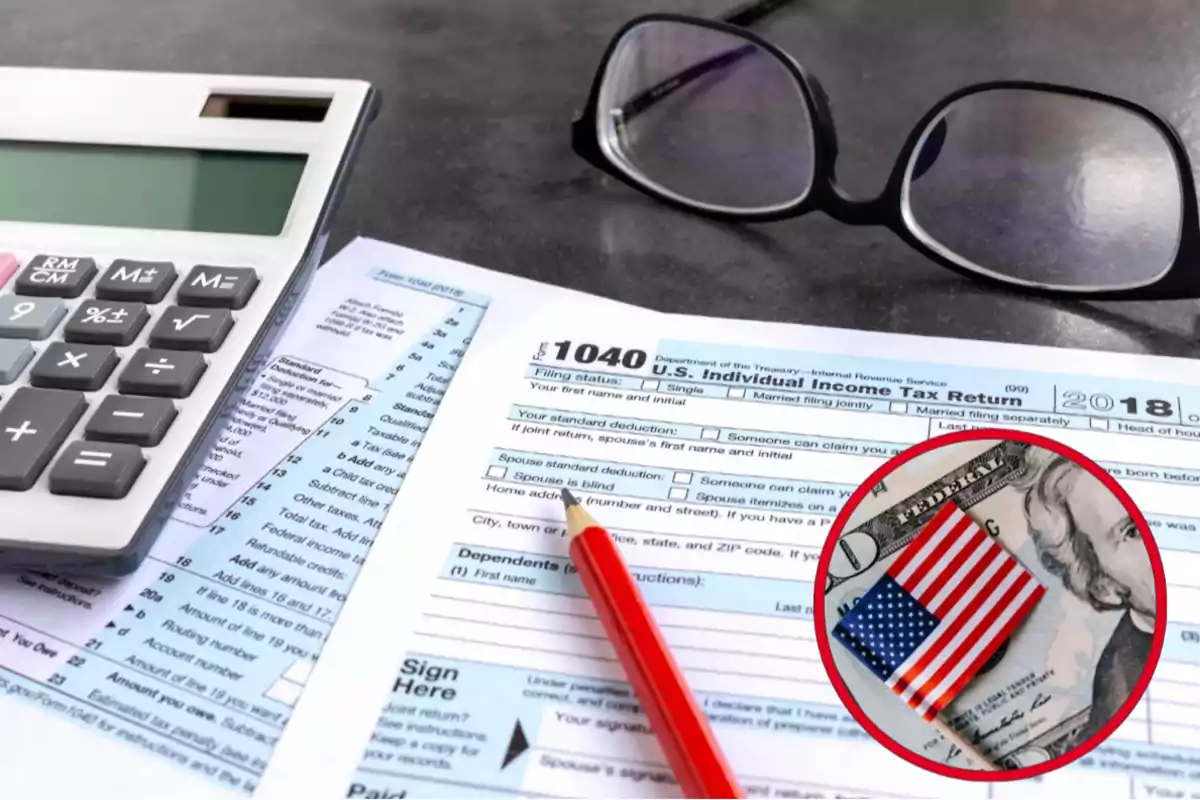The United States government has launched a major innovation that brings ease and convenience to millions of citizens. The IRS and the Social Security (SSA) have taken a firm step, and this change promises more security, fewer complications, and a better experience for everyone.
Starting September 30, check payments will be eliminated. Instead, electronic transfers, prepaid cards, and digital wallets will be used. This measure is in line with presidential orders that seek to modernize payment systems in the United States. Less paper means more efficiency, fewer delays, less fraud, and a significant improvement in security.
SSA's nod to IRS for simpler payments
SSA is aligning its systems with those of the IRS to enable digital methods. So, when payment season arrives, citizens can receive their return through a digital wallet, prepaid card, or direct deposit. The IRS has already implemented secure systems that allow payments through mobile devices, tablets, and computers.

Using a digital wallet allows direct payments from the phone. This avoids shipping fees, reduces the risk of loss or theft of the check, and speeds up transfer times. In addition, it's as ideal as using direct deposit or a card: you only need your mobile phone or tablet to complete the process in minutes.
Payment options: Which is the most convenient
IRS offers several official alternatives: direct deposit into a bank account, payment with debit or credit card, and digital wallet (such as PayPal or Click to Pay). They also offer federally approved prepaid cards. Of these, the most convenient for everyone is the digital wallet, since it works on any device and doesn't require a traditional bank account.
Firm commitment from IRS and government on this matter
The federal government, through the Department of the Treasury and IRS, is committed to implementing these methods with complete security. They have invested in cybersecurity protocols, data protection, and accessibility for seniors and people without a bank account.

In addition, they have left exceptions for special cases. Those who don't have access to banking or face emergencies will continue to receive payments by check as a last resort.
This commitment is reinforced with citizen education campaigns, so that people understand the payment options, prepare, and receive help if they need it. The IRS and SSA work together to support the most vulnerable.

